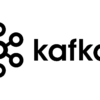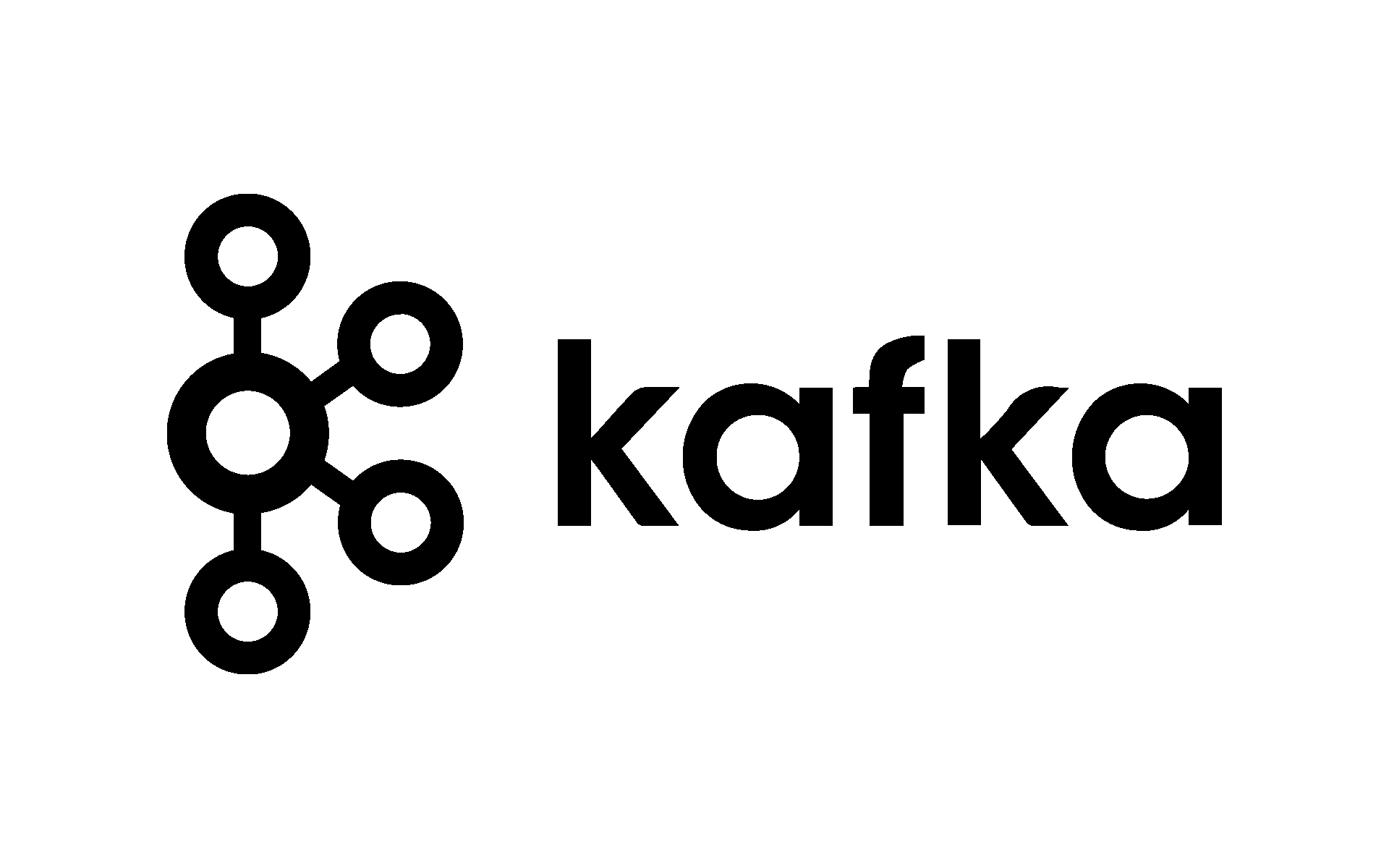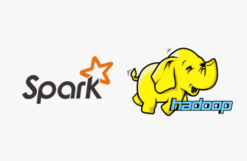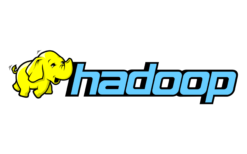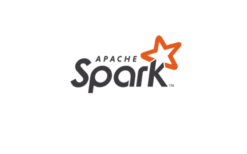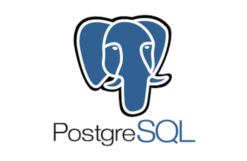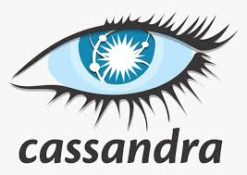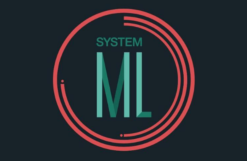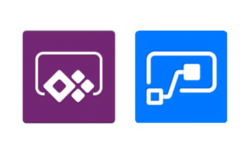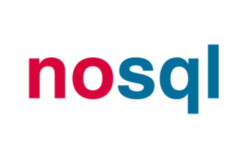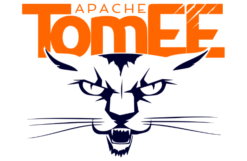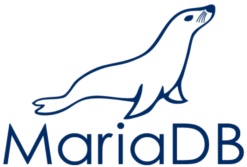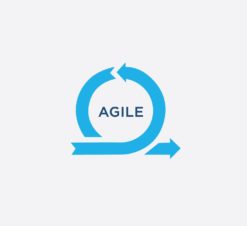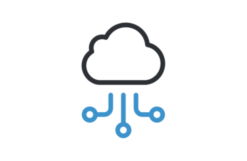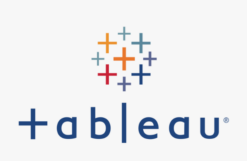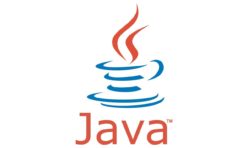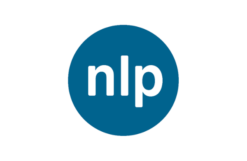Course Overview:
Apache Kafka Certification Training helps you in learning the concepts about Kafka Architecture, Configuring Kafka Cluster, Kafka Producer, Kafka Consumer, Kafka Monitoring.
Apache Kafka Certification Training is designed to provide insights into Integration of Kafka with Hadoop and Spark, understand Kafka Stream APIs, implement Twitter Streaming with Kafka, Cassandra through real life cases studies.
Course Objectives:
- Traits
- Traits in Scala
- Mixing traits into Objects
- Layered Traits
- Traits for Rich Interfaces
- Scala class hierarchy
- Functions & Procedures
- Local functions
- First class functions
- Partially applied functions
- Currying
- Default & Named Arguments
- Varargs
- Procedures
- Closures
- Classes in Scala
- Simple Classes and Parameter less Methods
- Access modifiers and rules
- Type parameters
- Object-Private Fields
- Auxiliary Constructors
- The Primary Constructor
- Nested Classes
- Higher Order functions in Collections
- Anonymous Functions (aka Function Literals)
- Pattern Matching in Depth
- Using the match keyword to return a value
- Using case classes for pattern matching
- Adding pattern guards to match conditions
- Partially specifying matches with wildcards
- Deep matching using case constructors
- Matching against collections of items
- Using extractors instead of case classes
- Exception Handling
Pre-requisites:
- Software Development
- Unix and Hadoop
Target Audience:
- Hadoop Developers
- Data Engineers
- Integration Engineers
- Architects
- Data Steward
Course Duration:
- 35 hours – 5 days
Course Content:
Phase 1: Understanding Big Data and Kafka (Day1)
- What is Big Data & Dimensions of Big Data
- Big Data in Advertising, Banking, Telecom, eCommerce, Healthcare, Defense
- Input options of Big Data
- Associated Challenges
- Introduction to Kafka
- Why Kafka
- Kafka Use Cases
- Introduction to Zookeeper
- Zookeeper: Distributed Applications and Challenges
- Zookeeper: Handling Partial Failures
- Zookeeper: Leader Election
- Aggregating User Activity Using Kafka
- Zookeeper for Kafka
- Kafka Architecture
- What is Kafka Data Model?
- What is a topic
- What is a partition and Partition Distribution
- What is a producer
- What is a consumer
Phase 2: Kafka Deep Dive (Day 2 and 3)
- Zookeeper Architecture
- Zookeeper watcher
- Kafka broker tuning parameters
- Kafka Mirror Maker
- Kafka Brokers
- Kafka Replication
- Persistence and Offsets
- The Kafka broker property list
- Customer Key and Value Serializer
- Replication and Partition management in Kafka
- Writing Producers– The Scala producer API
- Creating a Scala producer with custom partitioning and Serializers The Kafka producer property list
- Writing Consumers Kafka consumer APIs
- Simple Scala consumers Reading messages from a topic and printing them
- Publish-Subscribe System
- Configuring Producers with Scala
- Security options in Kafka
Phase 3: Understanding Scala Programming (Day 4 and 5)
- Introduction to Functional Programming
- Introduction to Scala
- Scala Fundamentals
- Functions & Procedures
- Collections
- Sets
- Maps
- Lists
- Tuples
- Arrays
- Higher Order Functions on Collections
- Objects in Scala oSingletons
- Companion Objects
- Objects Exten ding a Class or Trait
- Application Objects
- Inheritance
- Extending a Class
- Method Overriding
- Protected Fields and Methods
- Overriding
- Anonymous Subclasses
- Abstract Classes
- Abstract Fields
- Inheritance Hierarchy
- Object Equality
- Value Classes


